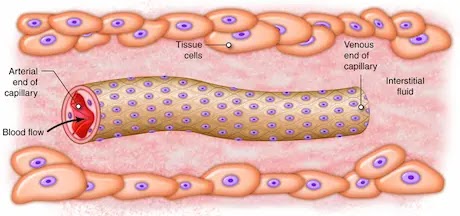benefits of donating plasma
Donating plasma is a valuable and potentially life-saving contribution to healthcare. Plasma, the liquid portion of blood, is rich in proteins and antibodies essential for fighting infections, clotting blood, and maintaining the body's fluid balance. Donated plasma is used to create therapies for a variety of medical conditions, making plasma donation a crucial part of modern medicine. Here, we'll explore the benefits of donating plasma to donors and recipients.
The Importance of Plasma Donation
Plasma donation plays a critical role in healthcare for several reasons:
Life-Saving Therapies: Plasma-derived therapies are used to treat a variety of conditions, including immune deficiencies, hemophilia, burns, and shock. Without plasma donations, many patients would not have access to these life-saving treatments.
Research and Development: Plasma is also used in medical research to develop new disease therapies and treatments. Donated plasma helps researchers understand diseases better and develop more effective treatments.
Emergency Preparedness: Plasma is essential in times of crisis, such as natural disasters or pandemics. Donated plasma can be used to treat patients quickly in emergency situations.
Benefits for Donors
While the primary benefit of plasma donation is its impact on patients, there are also benefits for donors themselves:
Health Screening: Donors receive a health screening before each donation, including blood pressure, pulse, and protein levels. This regular health check can help donors stay aware of their health status.
Compensation: Some donation centers offer compensation for plasma donations. While this should not be the primary motivation for donating, it can be a helpful incentive.
Community Contribution: Donating plasma is a tangible way to contribute to your community and help those in need. Many donors find this aspect of donation rewarding.
Regular Health Monitoring: Since donors undergo health screenings before each donation, they receive regular health monitoring, which can be beneficial for the early detection of certain health issues.
Plasma Donation Process
The process of donating plasma is similar to donating whole blood, but it takes longer because plasma is separated from the other blood components. Here's a general overview of the process:
Registration: Donors register at the donation center and provide identification.
Health Screening: Donors undergo a health screening, which includes a review of medical history and vital signs.
Plasma Donation: During the donation process, blood is drawn from the donor, and the plasma is separated from the other blood components through plasmapheresis. The remaining blood components are then returned to the donor's body.
Recovery: After donation, donors are monitored for a short period to ensure they are feeling well. They are encouraged to rest and hydrate.
Conclusion
Donating plasma is a valuable contribution to healthcare that benefits both donors and recipients. It provides life-saving therapies for patients, supports medical research, and helps communities in times of crisis. For donors, plasma donation offers health benefits, a sense of community contribution, and the opportunity to make a positive impact on the lives of others. Consider donating plasma to help save lives and improve healthcare for all.











0 comments:
Post a Comment